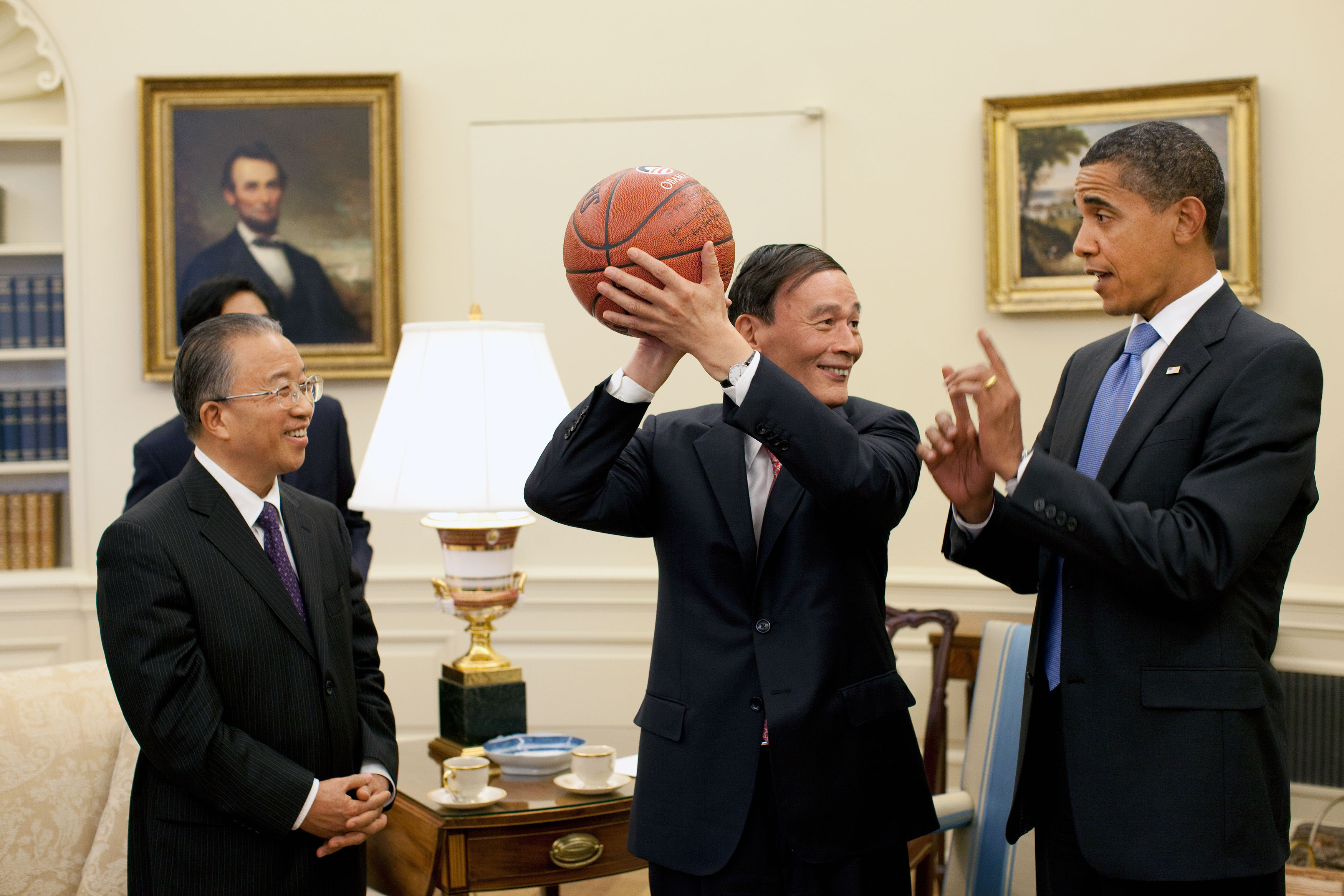
After the huge defeat in the midterms, the final two years of Obama’s presidency may well be dominated by foreign policy. It’s an area in which the prerogatives of the U.S. president are still important; and one in which some of his predecessors, faced with the same impasse at home, won fame.
In a profoundly changing world, scope for action is not lacking: chaos in the Near East, an absurd perpetuation of the Israeli-Palestinian conflict, tensions with Russia, and relations with Cuba. Everywhere, the role of the U.S. is in question. In the coming days, Iran’s nuclear program will once again take center stage. Signs are fairly good that negotiations will progress. An agreement between Washington and Tehran would be a major turning point for the entire region. However, in this particular case, Congress — now controlled entirely by Republicans —could block everything since they have the upper hand on sanctions against Iran, and consequently, whether or not they are lifted.
So what will Barack Obama’s priority be? John Kerry, the head of U.S. diplomacy, gave an answer on the very same day the Democrats suffered their electoral disaster: the relationship between the U.S. and China. It’s “the most consequential in the world today and … will do much to determine the shape of the 21st century.” Before leaving for an Asia-Pacific Economic Cooperation summit in Beijing, where the American president will meet with Xi Jinping and run into Vladimir Putin, it’s an opportune moment to flatter his host, one who won’t find any fault in Kerry’s reading of the situation. While Russia is eager to affirm its role as a great power, this is also a way of reminding it of its real status, which is secondary. And the Europeans, lacking any real foreign policy, won’t be the ones able to challenge this state of affairs.
The U.S. and China are growing closer, while at the same time they mistrust one another more and more. Beijing wants to establish a new type of relationship between great powers, without anyone understanding why. Washington talks of rebalancing its forces towards the Pacific. Only one thing is clear: The hegemonic position of the U.S. is being challenged by the principal emerging power of the beginning of this century.
In the United States, the nature of this relationship is permanently questioned. Any fear of a decline is a little less intense since the American economy has gotten going again, while Chinese growth is stalling.
Roger Cohen, a columnist for The New York Times, recently concerned himself with the risk of misunderstandings between two countries whose interests will bring them ever closer to colliding. To avoid a fatal shock, it’s urgent that we understand the nature of these two forms of “exceptionalism,” he said. The U.S. thinks that it needs to evangelize the world in the name of liberty. China is no less persuaded that it stands apart, but would be happy to control its immediate environment in the name of a certain idea of peace and harmony.
The American journalist rightly questions the harmonious and peaceable aspect of China. Unfortunately, he forgets to examine how liberties are called into question by the United States, whether at home or abroad.
Cohen’s interpretation is surprising. What country doesn’t consider itself to be exceptional — Switzerland, for starters? But Roger Cohen is right on one point: The U.S. is still a “missionary” country, just as China and Russia are naturally imperialist. Conversely, European states, immunized by the catastrophes they provoked in the 20th century, know that any form of “exceptionalism” is dangerous. Their ambitions have been revised downward in favor of a form of calm. Cohen concludes that “America and China will not do that in the foreseeable future, and so their relationship must be viewed with guarded pessimism. In war’s aftermath there are no exceptions to human suffering.”
Engaging with China to avoid confrontation while protecting its democratic allies — that will be one of the biggest challenges for the remainder of Obama’s presidency.

Leave a Reply
You must be logged in to post a comment.